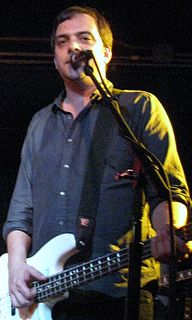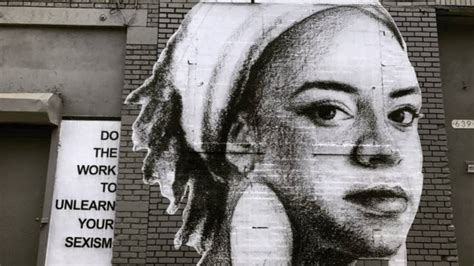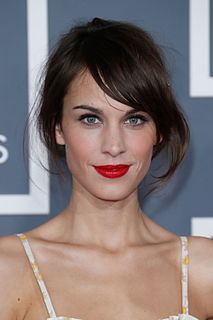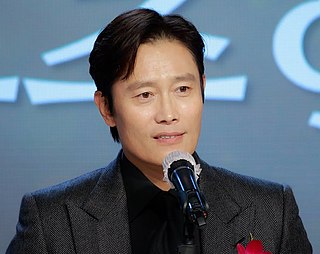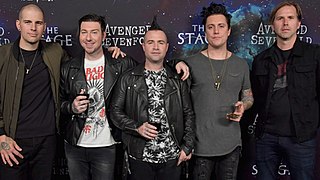A Quote by Lee Ranaldo
We're obviously not a platinum-selling band, and yet we've managed to maintain a career on a major label through all this time, and I think we always felt like we were, to a certain degree, infiltrators there. And it's been an interesting thing. It's all been like a big art project for us.
Related Quotes
I think I gave indications early on that mine wasn't just going to be a commercial, er, career. If that were the case, then the first record would have been 10 versions of 'Loser.' I always thought it would be interesting if there was no such thing as gold and platinum records, or record deals, and people were just making music. What would the music sound like?
I've been on a major label for 14 years. I've always wanted as many people as possible to hear my music, and it definitely made sense for the majority of my career to be on a major label, on a distribution level, to be in people's faces and be out there, and have access to major labels' incredible machine, even though they have not understood or haven't been invested in what I was doing.
I think ultimately what you really want is a few people within any label that are into the band enough to really work on it every day for a long time and to actually try a little bit. But obviously, the major labels have more money to spend, so if they feel like spending it, they have bigger resources there when you need them. It doesn't always necessarily translate into them doing a better job for a band, but I think especially if you're playing the game of commercial radio and making videos and stuff like that, that's sort of an expensive proposition.
We'd been on Geffen for a long time, and I think we felt that we needed a change. I just don't think we felt very close to the people at the label after all this time or that they understood what we were trying to do. I don't have any regrets, because at the time we signed with Geffen, it was the right thing to do.
It's been kind of extreme - people either love it or they don't like it at all - and I think that's a good thing. It's my first art project where there's not a middle ground. I find it very interesting. But the negative feedback hasn't at all kept me from doing it, obviously. Because I haven't really gotten any negative feedback that I feel is really warranted.
I think modeling is interesting, it's obviously nice to take on a character and go through the process. I'm very lucky that I've been able to do that but I think the challenges that come with the responsibility of art directing something is something that appeals to me. I've done it before in collaboration with other people but it's the first time someone's literally handed it over and been like, "What do you want?" It was really fun to kind of dream up a concept and then execute it with all my friends.
The more I act, the harder it gets, since I feel like I still have so much to learn. Whenever I embark on a new project, it always feels like the first time. If it were easy to me and I felt like I knew everything, my acting might have been different. I think the feeling of 'newness' keeps me on my toes and concentrated.
One interesting thing about jazz, or art in general, but jazz especially is such an individual art form in the sense that improvisation is such a big part of it, so it feels like it should be less soldiers in an army and more like free spirits melding. And yet, big band jazz has a real military side to it.
Fairfield Porter who has been my model for art writing all along, said that if the most interesting thing about a work of art is its content, it's probably a failure. I think it's true that if you find yourself thinking about the meaning in an author's message, it's probably not very interesting as art. Obviously, this is a tough concept, because if you withdraw intention.
Usually when I start a new project there's a fear of the unknown; maybe it's a band I've never been in the studio with before. People are so different. It's almost like you need to go through the process, discover and unlock what it is that makes that band that band. And a lot of times they don't know it.
Signing to a major label was an experiment for us. It was a challenge: working in a big studio with a producer was a challenge in a lot of ways. It all shaped what the band went on to become through the '90s. After we made 'Goo,' we went out and toured with Neil Young in ice hockey arenas for three months, and that was the same kind of thing.
Rock of the ages been a really interesting job. It's been exhausting. It's been the hardest thing I've ever done because it's just so big, and I haven't had a lot of time. And I'm just kind of blowing through this. And everybody's, like, happy, and giving thumbs up. Most of the actors have said "this is the best role they've ever had." So you know, that's important to me.



